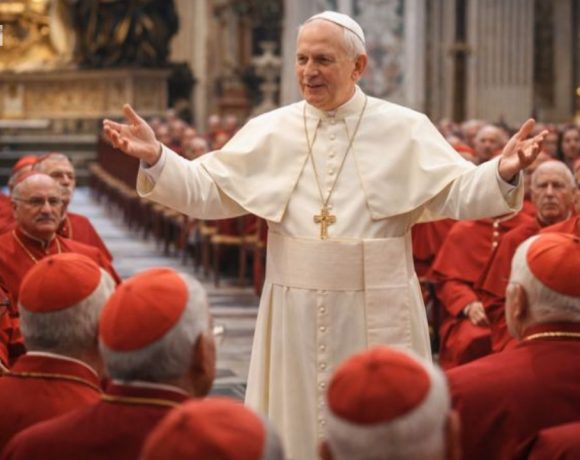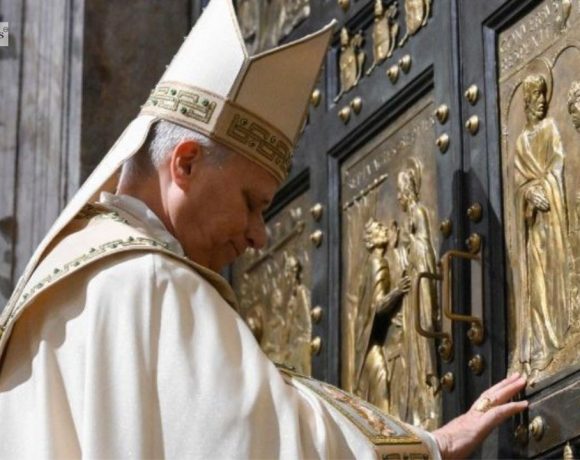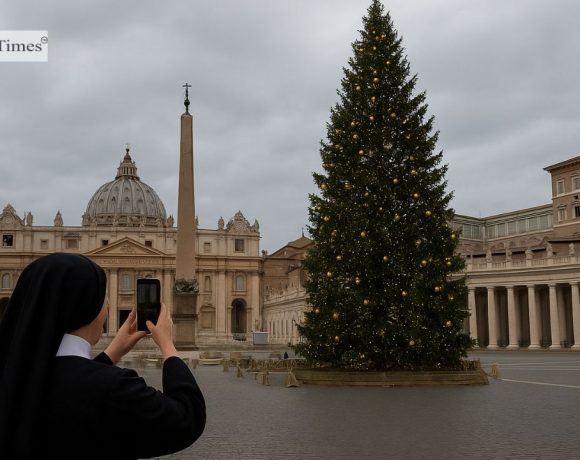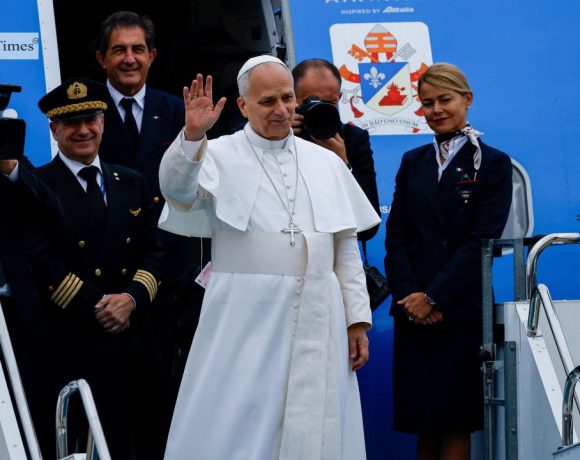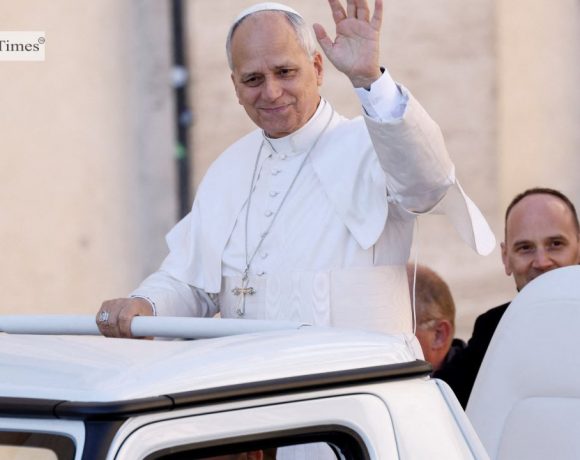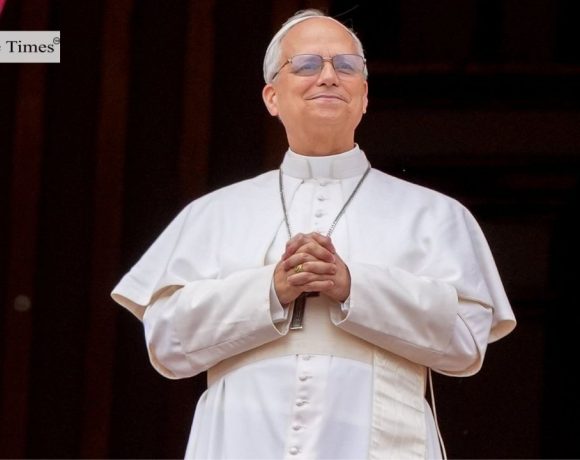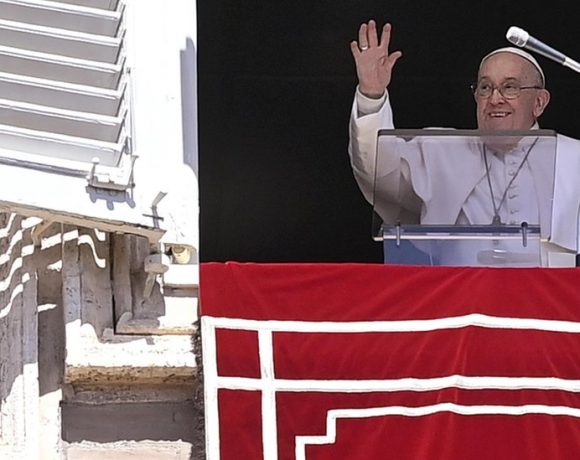
Spain’s Roman Catholic Church has reached an agreement with the government to compensate victims of sexual abuse by clergy members. The new accord allows the government to manage compensation for cases where legal action is no longer possible due to the statute of limitations or the death of the accused, expanding access for victims. Justice Minister Félix Bolaños described the move as addressing a “historic, moral debt” to survivors.
Under the agreement, victims can submit their cases to a new agency within the justice ministry, which will coordinate with the ombudsman’s office to propose reparations. The Church must approve these proposals, which can be symbolic, psychological, or financial, with the institution responsible for execution. The arrangement ensures greater oversight and transparency compared to the Church’s previous internal reparation scheme, which faced criticism from victims and advocacy groups.
The move follows widespread complaints and research suggesting that hundreds of thousands of Spaniards have suffered abuse by Church figures, with cases documented as far back as the 1940s. Similar redress programs in European countries offer financial compensation ranging from €6,000 to €63,000 per victim, providing a reference for potential payouts under Spain’s new system.
Pic courtesy: google/ images are subject to copyright

